Tadić advocates "new legal measures"
President Boris Tadić said Thursday he hopes the government will draft new legal measures over Kosovo.
Thursday, 27.03.2008.
21:44

President Boris Tadic said Thursday he hopes the government will draft new legal measures over Kosovo. He spoke about moves that Belgrade could undertake internationally against those countries which have recognized the unilaterally declared independence of Kosovo. Tadic advocates "new legal measures" "The government has just concluded that a new analysis should be made, and that prominent legal experts should be consulted, especially because they have not come up with any priority proposals of genuine measures, but have just listed them," Tadic told reporters. Several days ago, the government's legal team, set up on Feb. 28, sent a list of measures to top state instructions, but, Tadic explained, the Ministry of Foreign Affairs' assessment, with which he agrees, is that this report is "not good enough". The Ministry of Foreign Affairs in the caretaker government is held by his Democratic Party (DS). The legal team is coordinated by the Ministry for Kosovo, led by the Democratic Party of Serbia (DSS), and the MFA. "In the coming period, we expect legal experts to assume their part of the responsibility and to propose these measures according to the principles of protecting state interests," Tadic stated and warned that these measures "should not be used for internal politics". "We should not get involved in certain legal procedures which are effective from the standpoint of our domestic public, but have no internationally useful application," Tadic underscored, adding that it is "necessary to bear in mind the degree of effectiveness of Serbia's actions in the international sphere". "We are now also fighting the time factor, with regards the protection of our interests in our southern province, and the first checkpoint is the UN General Assembly session," Tadic explained. The MFA has announced Serbia will seek a General Assembly backing in September, in order to raise the issue of legality of Kosovo Albanians' unilateral declaration of independence before the International Court of Justice (ICJ). Prime Minister Vojislav Kostunica's DSS, according to reports, favors filing lawsuits against individual countries that have recognized such secession, and beleives this move is overdue. Constitutional Law Professor Thomas Fleiner Thursday said in a statement that "it would be better for Serbia to file lawsuits with the International Court of Justice against those countries that had recognized Kosovo, than to seek its opinion through the United Nations General Assembly". Fleiner, a Swiss expert on federalism, who advised Belgrade's Kosovo negotiating team, explained that by filing lawsuits directly, Serbia would acquire the status of a participant in the proceedings with all the rights deriving from that, but that by requesting the ICJ's opinion on the legality of the act of recognition, the country would find itself in a "privileged position," but would not be a party in the proceedings. "The proposal to request the UN General Assembly to ask for an opinion on the legality of the recognition of the unilateral declaration of independence by Kosovo and Metohija is possible only if the idea is backed by the majority of the UN GA member states," said Fleiner. He underscored that the court's reply to the question would not be obligatory, "because there would be no parties directly involved in the lawsuit".
Tadić advocates "new legal measures"
"The government has just concluded that a new analysis should be made, and that prominent legal experts should be consulted, especially because they have not come up with any priority proposals of genuine measures, but have just listed them," Tadić told reporters.Several days ago, the government's legal team, set up on Feb. 28, sent a list of measures to top state instructions, but, Tadić explained, the Ministry of Foreign Affairs' assessment, with which he agrees, is that this report is "not good enough".
The Ministry of Foreign Affairs in the caretaker government is held by his Democratic Party (DS).
The legal team is coordinated by the Ministry for Kosovo, led by the Democratic Party of Serbia (DSS), and the MFA.
"In the coming period, we expect legal experts to assume their part of the responsibility and to propose these measures according to the principles of protecting state interests," Tadić stated and warned that these measures "should not be used for internal politics".
"We should not get involved in certain legal procedures which are effective from the standpoint of our domestic public, but have no internationally useful application," Tadić underscored, adding that it is "necessary to bear in mind the degree of effectiveness of Serbia's actions in the international sphere".
"We are now also fighting the time factor, with regards the protection of our interests in our southern province, and the first checkpoint is the UN General Assembly session," Tadić explained.
The MFA has announced Serbia will seek a General Assembly backing in September, in order to raise the issue of legality of Kosovo Albanians' unilateral declaration of independence before the International Court of Justice (ICJ).
Prime Minister Vojislav Koštunica's DSS, according to reports, favors filing lawsuits against individual countries that have recognized such secession, and beleives this move is overdue.
Constitutional Law Professor Thomas Fleiner Thursday said in a statement that "it would be better for Serbia to file lawsuits with the International Court of Justice against those countries that had recognized Kosovo, than to seek its opinion through the United Nations General Assembly".
Fleiner, a Swiss expert on federalism, who advised Belgrade's Kosovo negotiating team, explained that by filing lawsuits directly, Serbia would acquire the status of a participant in the proceedings with all the rights deriving from that, but that by requesting the ICJ's opinion on the legality of the act of recognition, the country would find itself in a "privileged position," but would not be a party in the proceedings.
"The proposal to request the UN General Assembly to ask for an opinion on the legality of the recognition of the unilateral declaration of independence by Kosovo and Metohija is possible only if the idea is backed by the majority of the UN GA member states," said Fleiner.
He underscored that the court's reply to the question would not be obligatory, "because there would be no parties directly involved in the lawsuit".















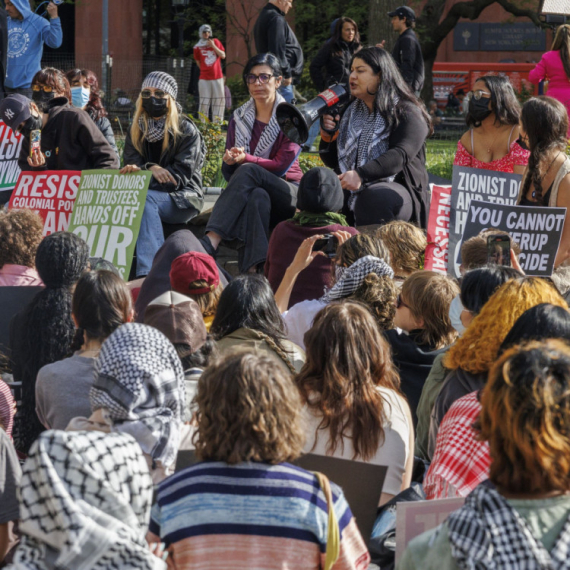
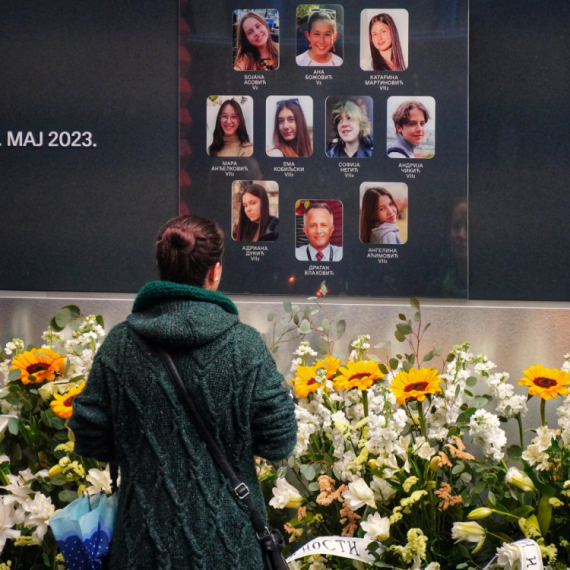

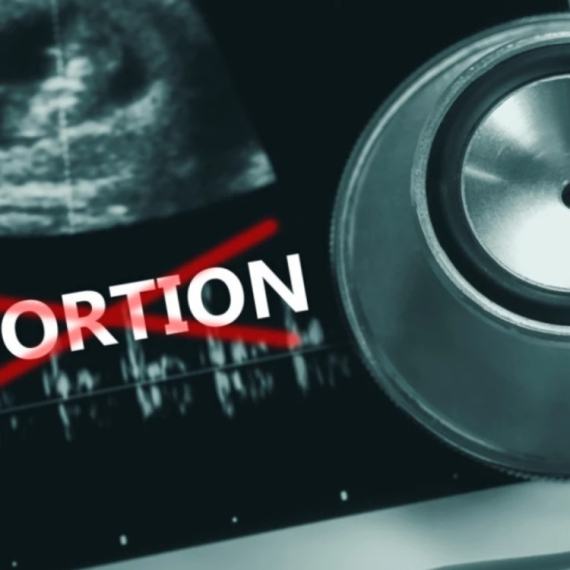


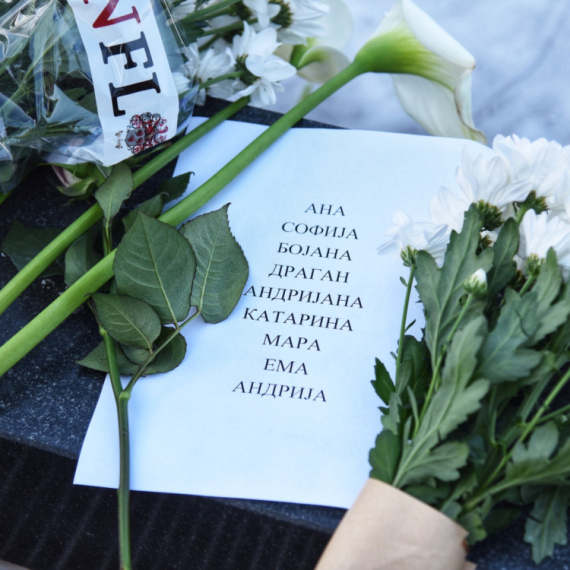






















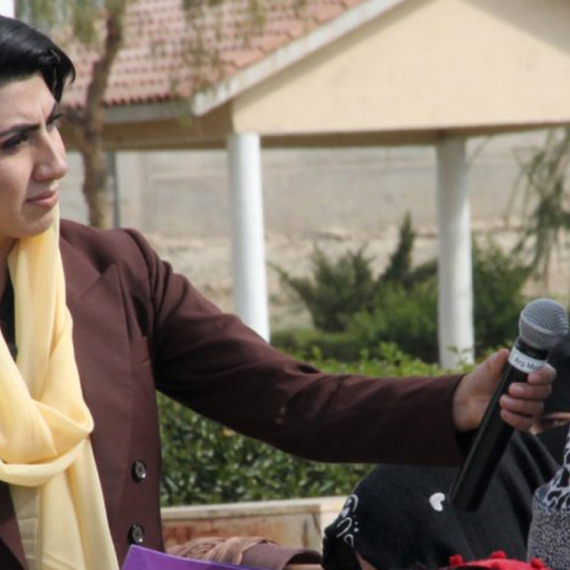




Komentari 1
Pogledaj komentare